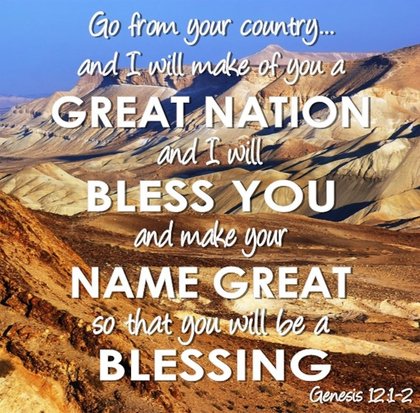
Read the Story Here: Genesis 12
Genesis 12…enter Abraham. Here is where the Bible makes a major shift from speaking about all of humanity to focusing on one man and his descendants. This man, called “Abram”—meaning “exalted father”—in Genesis 12:1-3, was called out from his home country to leave his family and journey to a place which God had prepared for him and his descendants. God came to Abram and gave him a command to go, and in faith he went towards this land he didn’t even know existed. The calling out of Abram is crucial to understanding God’s Word, because the Savior of the world (promised by God in Genesis 3:15 which is a reference to Jesus' coming death, resurrection, and victory over sin) was to come from this man’s family tree.
That sounds great for Abram, but there seems to be a problem…this “exalted father” has no children! God has promised a childless man that his descendants will be like the stars of the heavens in number—yet Abram doesn’t have even one child to carry on his name. But Abram was a man of faith, so when God promised him a great family, he took God at His word, loaded up his wife Sarai, and went where God sent him. This great act of faith is recorded again in the New Testament in the "Hall of Faith" in Hebrews 11:8-10 as an example to us of how God honors our obedience and trust in Him.
The rest of the Old Testament is for the most part all about the family of Abram. After many years in his new homeland, God changes Abram’s name to “Abraham” (meaning “father of many”). Oh, the irony of an old, childless man with a wife who is beyond child bearing age, having the name “father of many!” But God is faithful, and in their senior years God blesses Abraham and Sarah (God changed her name as well) with a son named Isaac (Gen. 21). Again, the faith of Abraham and Sarah and the happy ending to their story is recounted in Hebrews 11:11-12. Although, this is really not so much an ending as a beginning of the great nation of Israel!
True to God’s promise, Isaac would have twin sons named Esau and Jacob (Gen. 25:19-27). God chose Jacob to be the one through which God’s chosen people would descend. Jacob’s name was changed to “Israel,” and he had 12 sons who fathered the 12 tribes of Israel (To read about the beginnings of the 12 tribes, read Genesis 49:1-28). As God had planned, through the lineage of Jacob’s son Judah, the Promised Savior would be born several thousand years later (Matthew 1).
So, we see how when a person like Abraham, or like us, chooses to submit to God’s will and act on our faith, He honors that obedience. And despite seemingly insurmountable obstacles, God’s sovereign plan to bring a Savior through the lineage of Abraham was accomplished.
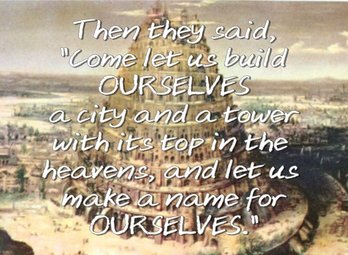


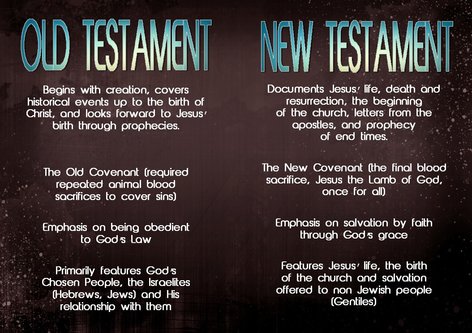

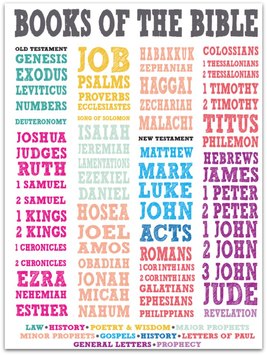
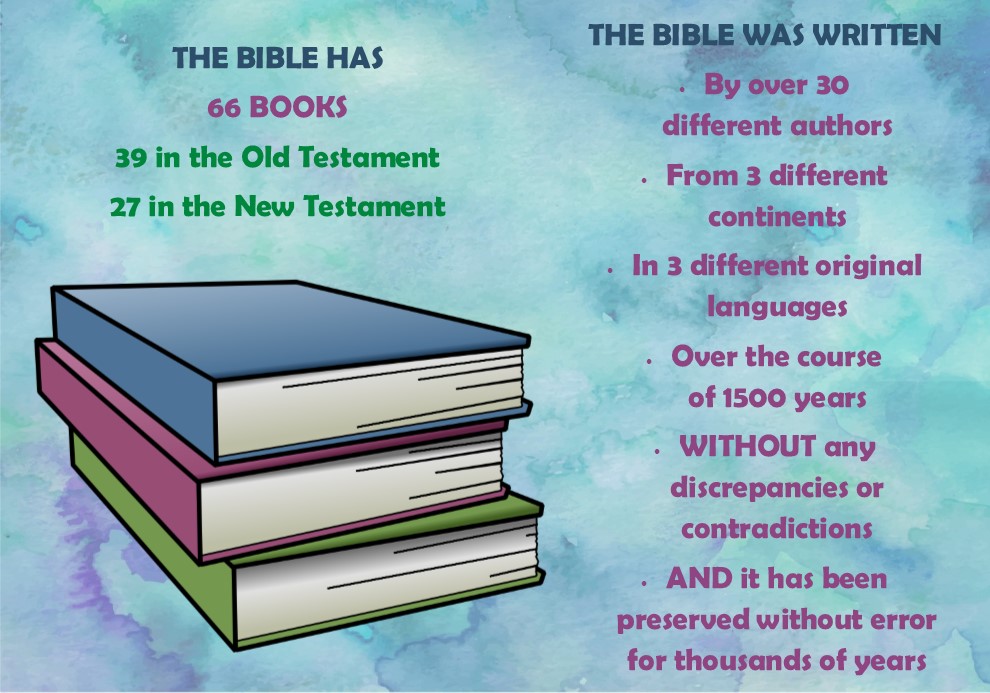
 RSS Feed
RSS Feed